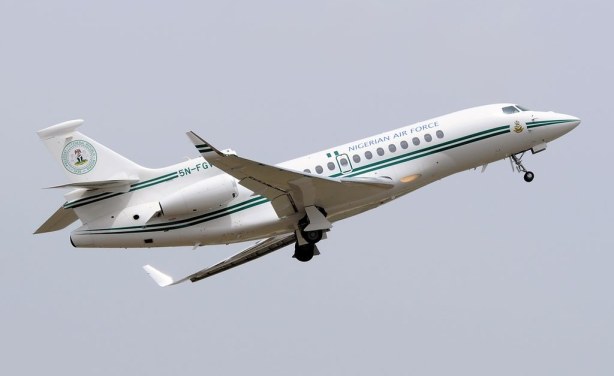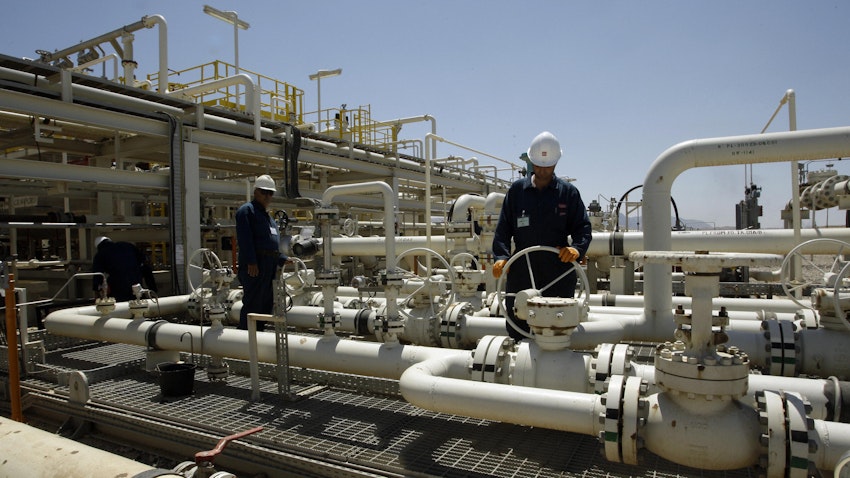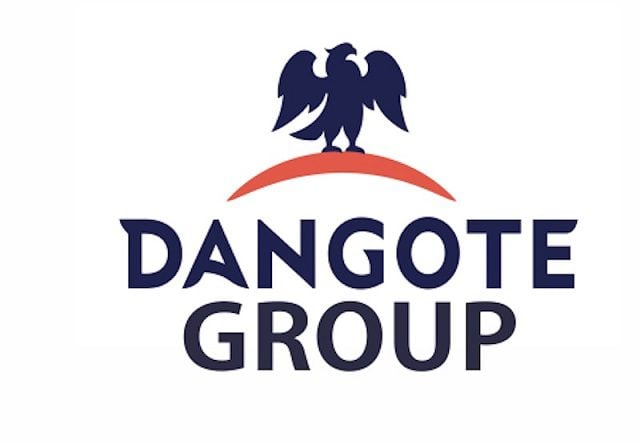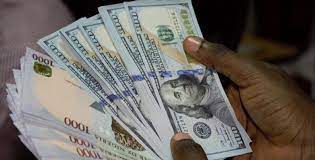The naira is projected to decline to N1,993 against the US dollar by 2028, a trend that threatens to exacerbate challenges in Nigeria’s healthcare sector, particularly for the import-dependent pharmaceutical industry. A report by BMI, a subsidiary of Fitch Solutions, titled “Weak Naira and Structural Challenges to Constrain Nigeria’s Medical Devices Market Growth,” highlights the impact of currency depreciation on medical device costs.
Nigeria imports over 95% of its medical devices, making the sector vulnerable to exchange rate volatility. BMI’s report noted, “Continued weakness of the naira will increase medical device import costs and erode consumer purchasing power. As the naira weakens, the cost of importing essential medical technologies will increase, impacting both healthcare systems and patients.” The report also highlighted that demand for high-cost devices such as diagnostics, orthopedic, and dental products would likely be the most affected.
The anticipated depreciation could, however, provide an edge for locally produced medical devices, making them more competitive in global markets. Yet, BMI identified persistent structural barriers, such as limited skilled labor, outdated technology, and poor infrastructure, that hinder local production despite government incentives.
To mitigate these issues, President Bola Tinubu’s administration issued an executive order in June 2024, removing tariffs, excise duties, and VAT on key machinery and materials used in medical production, aiming to ease local production costs. Despite this, BMI expects the medical device market will continue to face significant obstacles in the short term.
BMI forecasts that Nigeria’s medical device market could grow to N171.1 billion ($344.7 million) by 2028, buoyed by a large population, an increasing emphasis on universal health coverage, and the nation’s growing burden of both chronic and communicable diseases.
Nigeria’s economy is anticipated to rebound in 2025 with a projected growth rate of 3.0% in 2024, compared to 2.9% in 2023. However, BMI warns that factors like high inflation, restrictive monetary policies, and low foreign direct investment could slow growth in the medical device sector.
Meanwhile, the naira traded at N1,681.42 per dollar on Monday, November 11, 2024, reflecting a slight dip of 0.15% from Friday’s rate of N1,678.87. FX turnover in the official market also declined sharply by 66.41%, from $1.4 billion on Friday to $471.5 million on Monday, indicating decreased market activity.










